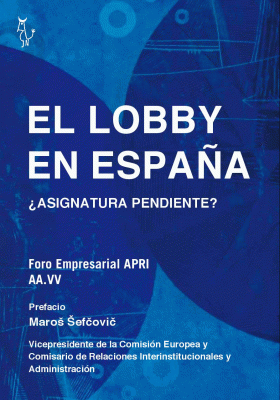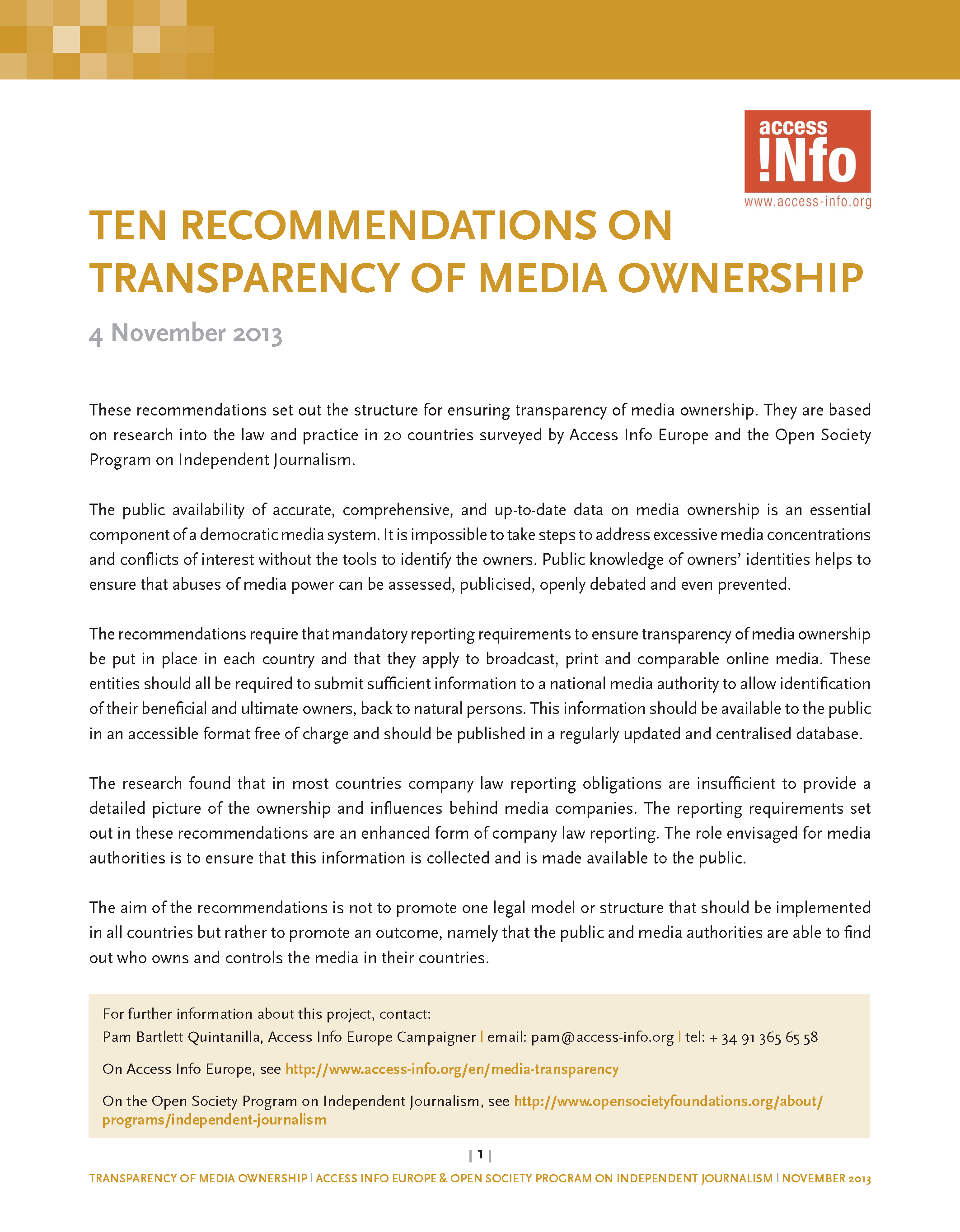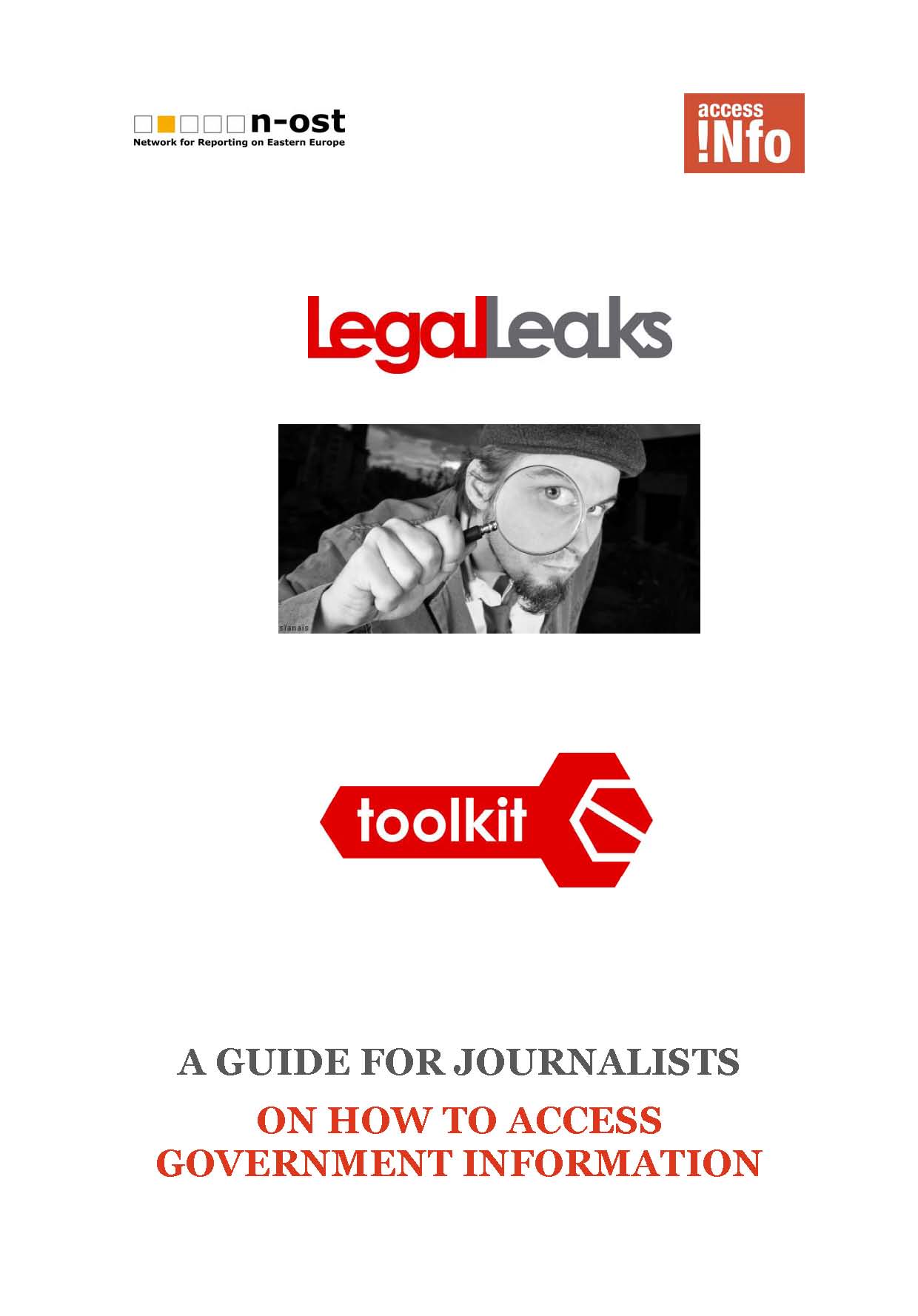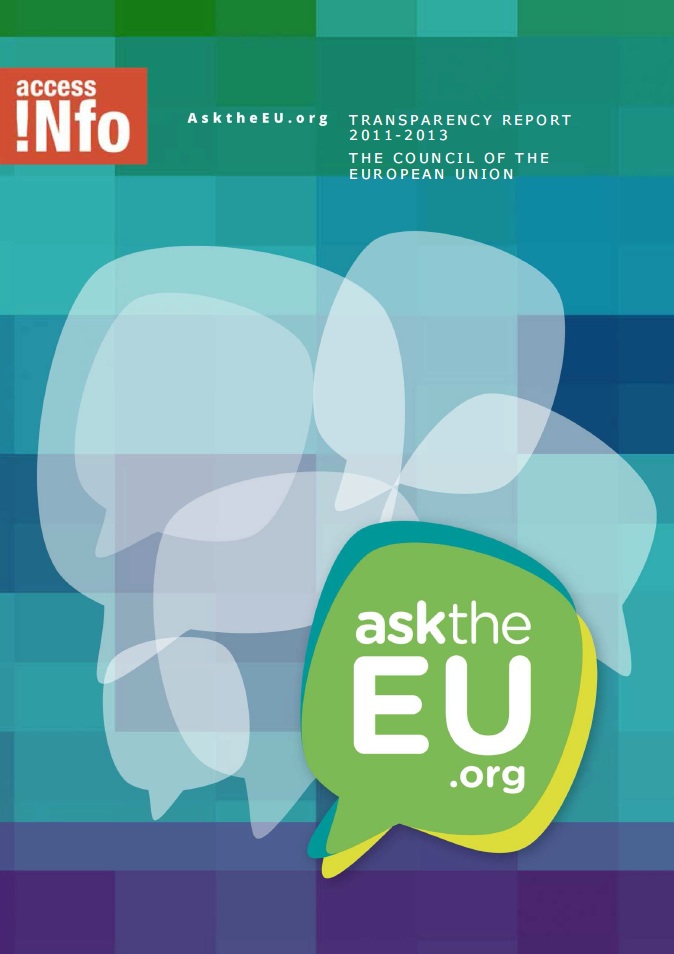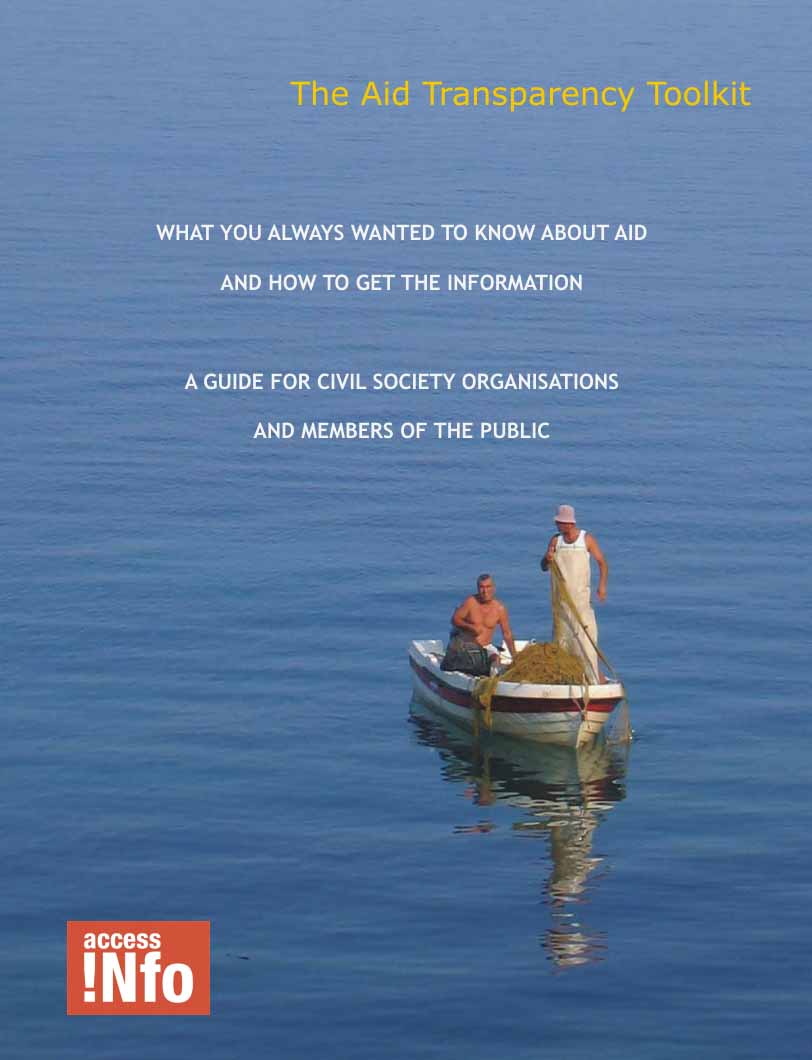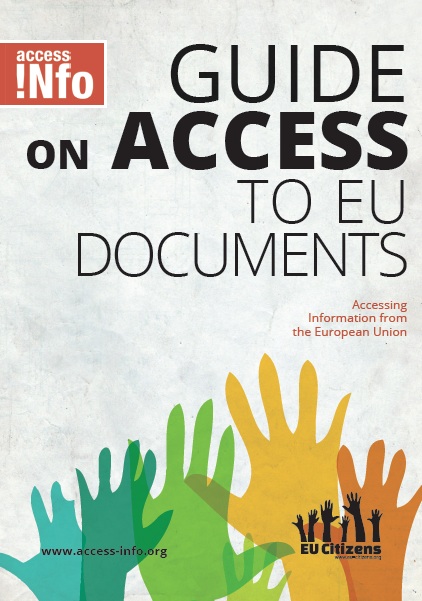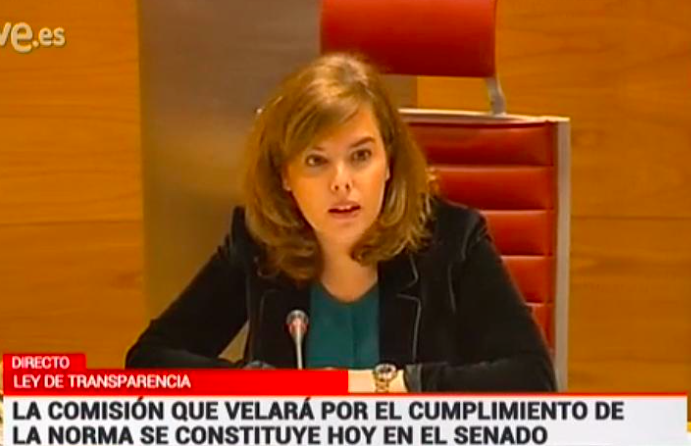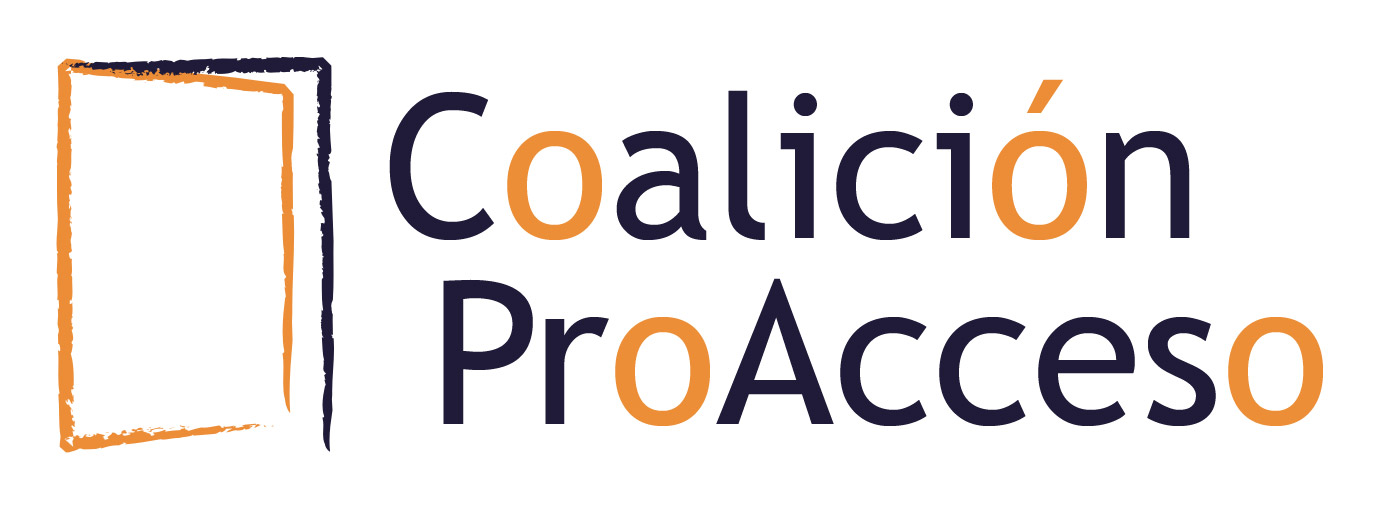El lobby en España
Helen Darbishire2018-11-13T10:11:27+01:00The book 'El lobby en España. ¿asignatura pendiente?' ('Lobbying in Spain, a pending issue?') – developed by the Foro Empresarial APRI and published by Algón Editores – was presented in the Political and Constitutional Studies Centre in Madrid. Access Info Europe collaborated in the book with a chapter about revolving doors. It is a collective work that analyses the role played by lobbies, the needs they represent, the public costs that their absence would carry, the existing alternatives for their regulation, and the effects caused by the lack of it; it is a serious attempt to demystify one of the

